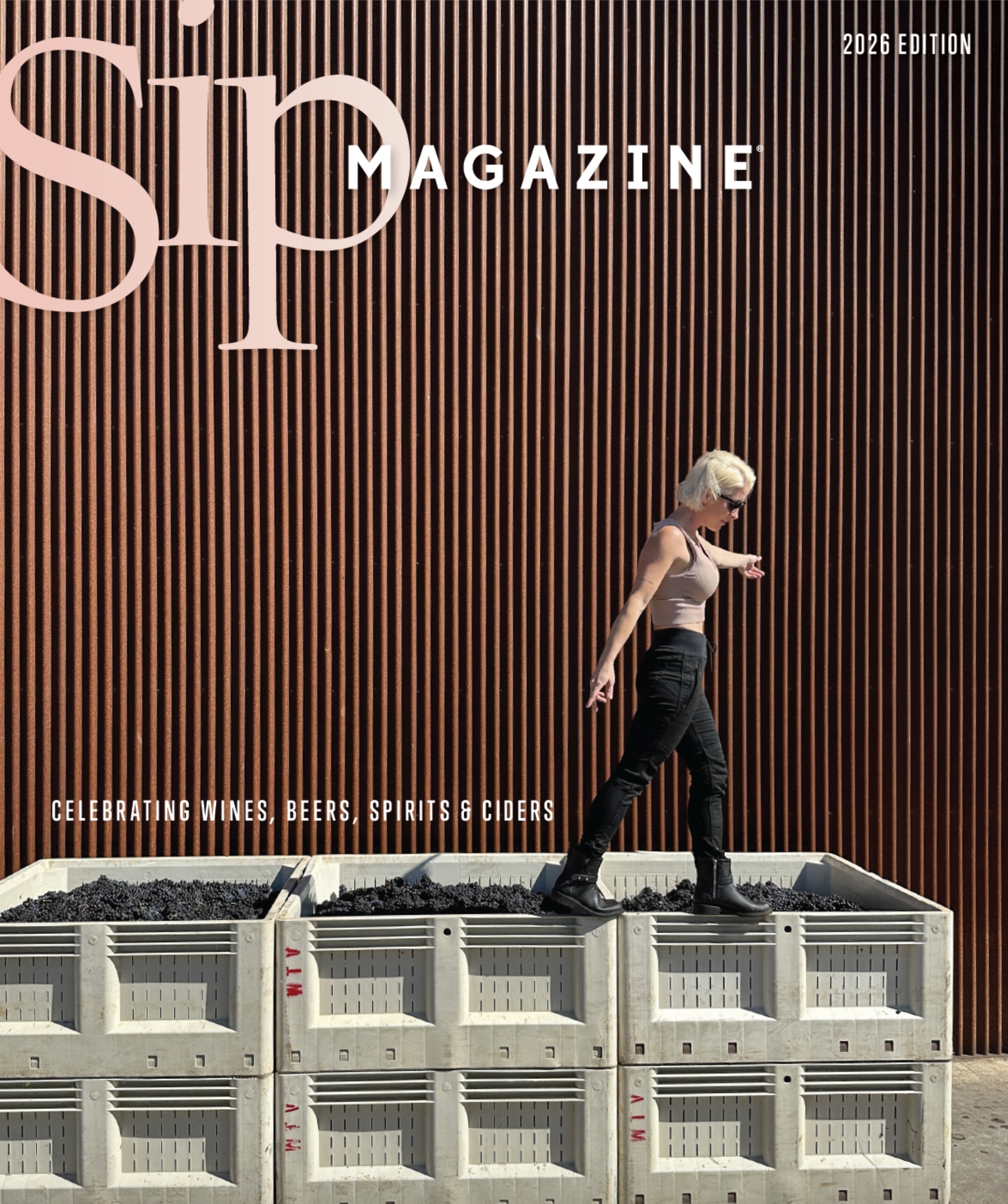As an amateur and professional brewer, Annie Johnson is a force in the world of brewing. The first homebrewing competition she entered earned her first place at the 2001 California State Fair Homebrew Competition. In 2012 she won Pilsner Urquell’s Master Homebrewer competition, in 2013 she became the first woman in 30 years to win the American Homebrewers Association’s Homebrewer of the Year award, and in 2019 the Glen Hay Falconer Foundation awarded her the American Brewers Guild scholarship. Most recently, Annie was selected for the American Homebrewer Association’s Governing Committee where she will serve a three-year term. She is also deeply involved with the Pink Boots Society, which works to advance the role of women in the beer and brewing industry.
Professionally, Annie worked as brewmaster for PicoBrew, a Seattle-based company best recognized for introducing the Zymatic homebrew appliance. There, she contributed dozens of award-winning recipes to the PicoBrew recipe library and led the development of techniques and processes. She also worked as brewmaster for Seattle’s Bluebird Creamery and Brewery where she focused on dessert-inspired beers. In the spring of 2021, Georgetown Brewing invited her to brew one of her award-winning, homebrew recipes — Opa’s Mustache Export-Style Helles — on its full-size commercial system.
What inspired you to become a homebrewer and what do you think contributed to your success as a homebrewer?
My mom loved to cook and entertain, and I was always in awe of her ability to cook any style of food well. She was a major influencer. She told me, “Why don’t you just brew your own beer?” So along with my best friends, Rosie and Josh, we set out to make the world’s worst homebrew. Ha! It got much better over time. My longevity in this hobby has come from the homebrewing community at large. Fellow homebrewers, beer judges and authors inspire me every day to continually brew new styles and improve my brewing. I pay homage to the storied breweries of Europe and keep their stories alive in my own homebrew kettle. I love the challenge and creativity you get with homebrewing.
What were the challenges and successes of your work with PicoBrew?
Some of the biggest challenges involved scaling batch sizes down to 2.5 gallons [the size produced by the PicoBrew system]. Original recipes might be for anywhere from five gallons to thousands of gallons of beer. It was quite a challenge, especially when using specialty malts and multiple hop varieties. We utilized an outside lab for testing of alcohol, color and IBU, and used our own internal sensory panel before sending samples off to brewers and breweries for approval. Quite a feat, but one I am quite proud of.
The other biggest challenge was introducing traditionalists to a new method of brewing. Professional brewers were always receptive, while homebrewers pushed back the hardest. [PicoBrew has since changed ownership and moved away from beer.] I am thrilled a community of PicoBrewers has formed online and is keeping the product going through their own ingenuity. Keeping the spirit of homebrewing going is what PicoBrew’s legacy will be. Exposing tens of thousands of people to homebrewing is pretty cool and I will always be proud of this.
What were the challenges of scaling up the recipe for Opa’s Mustache? How does the version you brewed with Georgetown Brewing compare to your own version?
It’s not too difficult when you’re working with Matt Edwards, the research and development brewer at Georgetown. They substituted pilsner malt for the Adriatic barley I used, but I was okay with that since it came from the same [malted barley] producer, and that is important to an old school brewmaster like me. I’m all about tradition. It didn’t seem to matter much that we weren’t able to perform a decoction mash [a traditional and intensive method of mashing grains]. The hops were the same and the steps of the mash were able to bring out the unique and gentle malty sweetness and subtle honey notes of my original version. It was a tad more bitter and alcoholic than my version, but I was beyond thrilled with the final result. Georgetown Brewing is a good group of folks, true professionals in all aspects of the brewery. It was a cool experience, as one can imagine.
What do you hope to accomplish in your work with the American Homebrewers Association Governing Committee?
Debunking the belief that homebrewing is a hobby just for middle-age white guys. It is most certainly not, and I am proof. Being part of the committee gives me a platform to shout out to the Brewers Association and the American Homebrewers Association what it is that the homebrewing community, at large, is thinking. Current wants include education and creating an inclusive culture in homebrew clubs. We will get there, but it will take some time. Quite honestly, longer than I anticipated. Being part of a community is wonderful in that you get many good ideas and point of views, but the flipside is that it can move at a glacial pace. I also hope to get more people with diverse backgrounds into the hobby of homebrewing. Try to think of it like you do beer; drinking the same thing over and over again is boring. Diversity and inclusion really are the spirit of beer and brewing.
Since you mentioned it, we’ll ask a bonus question. What do you think can be done to make the beer and brewing industry more inclusive?
Increase exposure to communities that have been ignored and ditch the stereotypes in advertising. If you are an existing brewery, utilize better hiring practices and, if that means getting a recruiter, do it. Increase diversity in your brewery to get the best people. Avoid hiring unqualified friends and family. Get employees with high EQ [emotional quotient] and a solid brewing education, or with solid brewing experience. What I’ll say to those who want to get into the industry: Do not give up and stay true to yourself.









